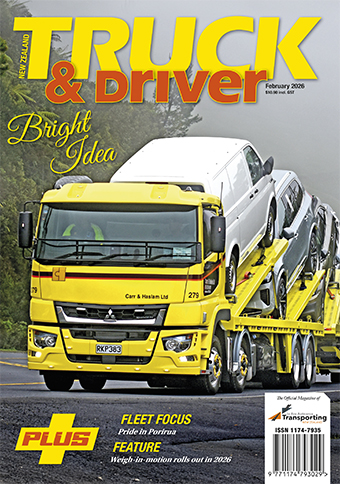
Combined Advocacy Result. Work-based training will return to industry hands
Posted: 02-May-2025 |
Over the last six months NRC along with 29 automotive sector organisations have engaged in robust discussions on the future of industry training following the Governments decision to disestablish Te Pūkenga.
A taskforce of 30 diverse organisations coordinated by Motor Trade Association Head of Advocacy James McDowall fought for keeping the training of industry in industry hands.
We unanimously rejected Government leadership of work-based training and argued that only the sector could develop a framework that supported learners and ensured they were equipped and ready for the industry. The proposed alternative would have been a giant leap backwards, that placed learners in the hands of polytechnics that would inevitably prioritise classroom-based tuition instead of learning in a hands-on, real world environment that we know works best.
Many of our members have embraced adopting micro credentials and we had a good response to the scholarships promoted last year as members saw value in developing the team they already.
Vocational Education Minister Penny Simmonds listened and has responded that MITO (the training organisation for automotive) will emerge from the disestablishment of Te Pūkenga as an industry-owned, industry-lead organisation.
This was a great example of where different industry associations working together on an aligned cause can achieve change through a united approach.
Work is now underway on what this will look like in detail so if you would like to be part of this discussion reach out to NRC's GM Policy & Advocacy James Smith.
Sticking with advocacy
NRC has submitted on the Land Transport Management (Time of Use Charging) Amendment Bill. Read our submission. In general we support the aims of the Bill however we feel that some clauses need tightening to ensure any schemes are only used for the purpose of reducing congestion not for generating revenue for councils.
Road congestion in many cities is not getting any better, and every tool needs to be on the table to get freight moving more efficiently.
NRC also recommends a requirement to show the travel time impact outside of the proposed scheme and that the proposal can demonstrate the network has capacity to cope with demand shift without adversely impacting travel times. This requirement would ensure the congestion is reduced rather than moved.
NRC would like to see a specific requirement to consult with the Freight Sector given the potential implication to the wider economy of increasing freight costs. We do not support exempting freight vehicles due to the complexity exemptions create that lead to increased costs.
We make several other recommendations and we welcome your feedback on them.
While traffic congestion may be perceived as an "Auckland" issue however it is highly likely that other councils in New Zealand will look to adopt this approach to try to manage their networks. The real question is will it be in time for Auckland.
Justin Tighe-Umbers, Chief Executive, National Road Carriers Assn



 + EQUIPMENT GUIDE - FREE
+ EQUIPMENT GUIDE - FREE
